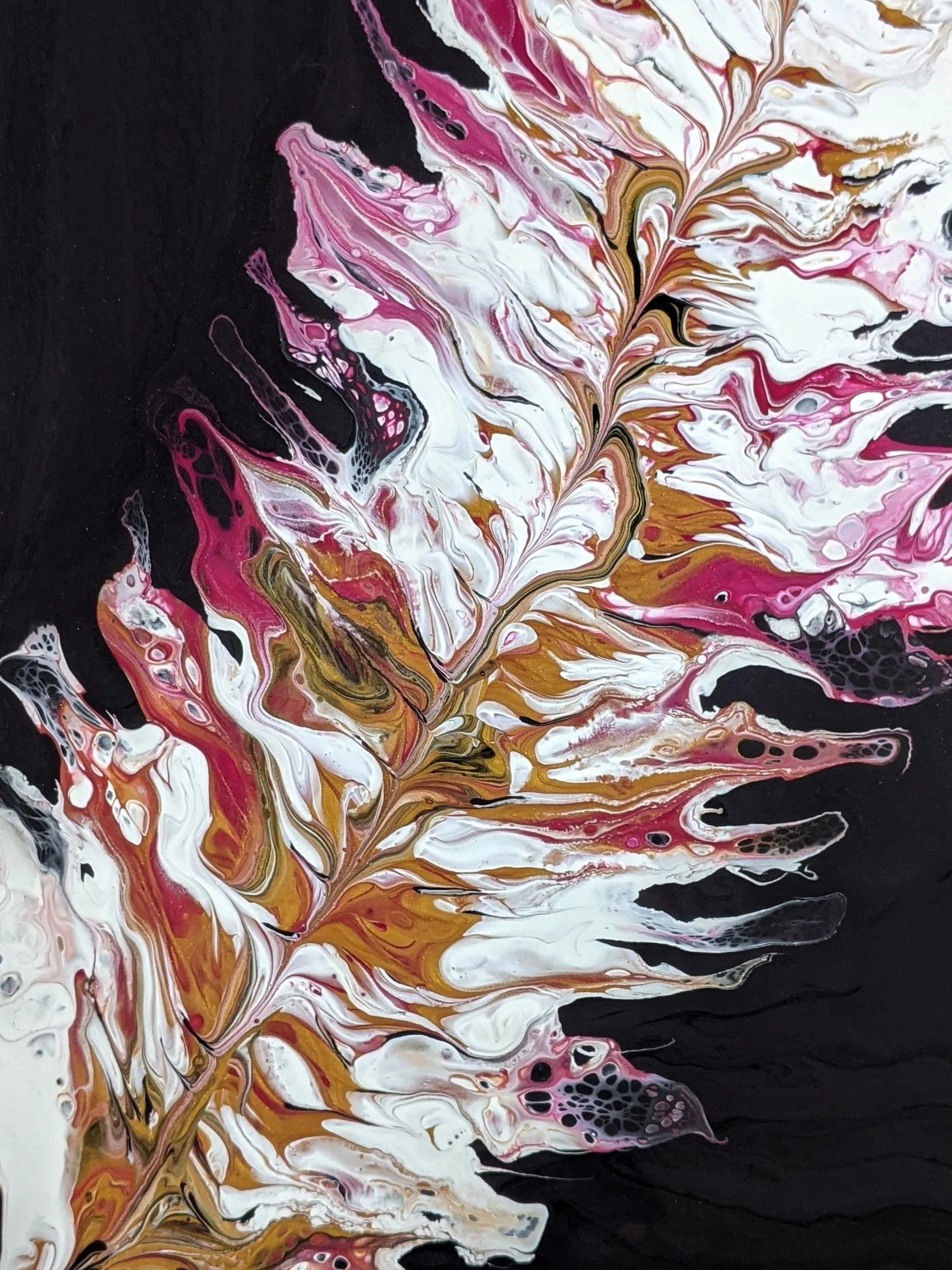Psychedelic Trauma: Power, Paradox, and the Psyche
Psychedelics are potent tools for transformation, capable of revealing both the deepest wounds and the most profound healing. As a psychotherapist specializing in trauma and psychedelic integration, I have witnessed the awe-inspiring beauty of psychedelic-assisted healing—but also its shadows. The intersection of psychedelics and trauma is both sacred and treacherous, mirroring the complexity of the human psyche itself.
At a time of global upheaval, many turn to these substances as a beacon of hope. Yet, the reality is that psychedelics are not inherently benevolent. They are amplifiers—magnifying the unconscious, unearthing the repressed, and dissolving the barriers between what we wish to see and what we fear most. The paradox of psychedelics lies in their dual capacity to heal and to harm, often depending on factors beyond an individual’s control.
Collective Trauma and the Psychedelic Promise
We are living in an era of profound collective trauma. The global pandemic, climate crisis, political division, and existential uncertainty have triggered wounds both personal and collective. As a society, we are in the throes of a dark night of the soul, navigating a crisis of meaning, identity, and faith.
In this desperate search for relief, psychedelics have emerged as a modern-day sacrament, championed as the key to personal and collective liberation. From mainstream media to Silicon Valley, the psychedelic renaissance is unfolding with fervor. Yet, in the rush toward transcendence, we risk overlooking an essential truth: psychedelics do not inherently heal—they reveal. The integration of what they reveal is where true healing happens, and this process is anything but guaranteed.
The Trauma Within the Trip
Psychedelic journeys are unpredictable. For some, they are initiations into deep healing; for others, they can be an initiation into further fragmentation. A so-called “bad trip” is not merely a distressing experience—it can be a rupture of the psyche, a retraumatization, or an existential freefall with no clear way back.
If you have had a difficult or damaging psychedelic experience, it is not your fault. There are countless variables at play, including but not limited to:
• The lack of cultural understanding and safety around altered states
• The necessity to engage in underground, unregulated settings due to prohibition
• Unprocessed trauma resurfacing in unpredictable ways
• Being in a vulnerable state and encountering exploitative individuals
• The inherent volatility of the psychedelic experience itself
Even the most experienced psychonauts can find themselves in a place of terror, unable to reorient themselves. I have worked with individuals who, after years of safe and transformative experiences, suddenly found themselves shattered by a single unexpected journey. Others have sought healing in ceremonial settings, only to experience profound alienation due to cultural, linguistic, or personal disconnects. I have received desperate calls from families seeking help for loved ones who have become psychologically lost after an intense trip—yet, tragically, there are few resources to adequately support them.
The Shadow Side of the Psychedelic Renaissance
Set and setting, preparation, and integration are often emphasized as protective factors, and they are. But no amount of preparation eliminates risk. Psychedelics dismantle the ego’s defenses, making individuals deeply suggestible and exposed. This is where their power is most dangerous—because not everyone who works with psychedelics has pure intentions.
Where there is vulnerability, there is also the potential for exploitation. As psychedelic therapy becomes commercialized, we must acknowledge that not all guides, shamans, or facilitators are ethical or safe. The same dynamics that make psychedelics so powerful for healing also make them ripe for misuse. The combination of desperate seekers and power-hungry guides is not new; we have seen it in cults, spiritual movements, and organized religions throughout history. Psychedelics do not inherently create these dynamics, but they certainly amplify them.
I do not believe psychedelics cause harm in and of themselves. Rather, they intensify what is already there—the light, the shadow, the unresolved, the unspoken. They bring forth the unconscious and magnify both our highest aspirations and our deepest wounds.
The Hard Truth: Psychedelics Won’t Save Us
In a world riddled with crisis, it is tempting to believe that psychedelics hold the answer. That they will usher in a new paradigm of consciousness, heal our traumas, and guide us back to wholeness. But psychedelics are not the medicine—our own capacity for integration is.
The real work is not in the trip itself but in what happens afterward. In the meaning we make of what is revealed. In our ability to stay with the discomfort rather than chase another peak experience. In our discernment of who we trust in the growing landscape of psychedelic healing. In recognizing that true healing is not a singular, transcendent moment—but a continuous, often grueling process.
At this moment in history, when a collective sickness is exposing not just our trauma but our collective madness, we must be willing to look beyond the shimmering promise of salvation through psychedelics. If these substances are to be a tool for true healing, they must be approached with both reverence and caution. Because, in the end, the only thing that can truly save us—is ourselves.
If you have experienced psychedelic trauma or abuse, please know that it does get better. I offer psychedelic integration therapy in Oakland, CA, and virtually throughout California. Contact me to learn more.
Here are some additional resources:
Fireside Project (psychedelic peer support) https://firesideproject.org/
SHINE Collective https://shinesupport.org/
